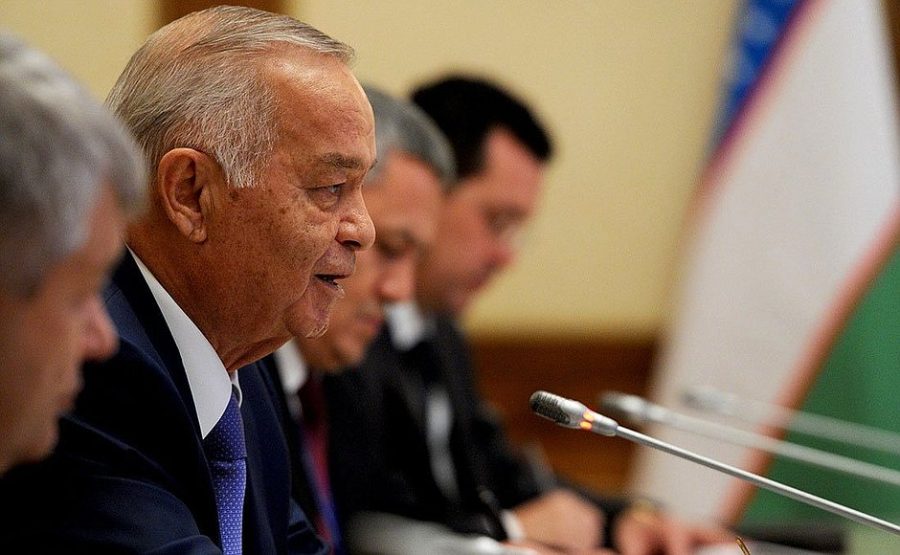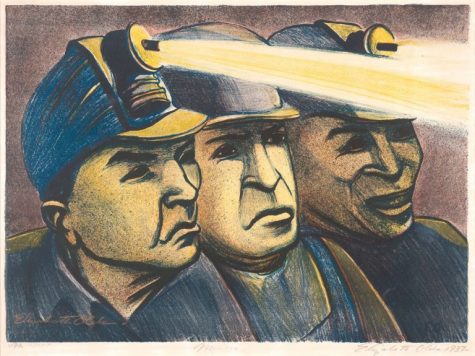Death of a Tyrant: Islam Karimov, ISIS, and a Turbulent Central Asia
Unbeknownst to many in the US whose media found Hillary Clinton’s pneumonia to be more engrossing news, the long-time dictator of the Central Asian republic of Uzbekistan, Islam Karimov, died of a stroke early last month. This might not seem like consequential news to someone living halfway across the globe, Karimov’s death marks an important date in Central Asian history and could have far-reaching effects.
Karimov has led Uzbekistan since before the collapse of the Soviet Union and remained the country’s president after independence (a common occurrence throughout the less-democratic pieces of the former Soviet Bloc). As president, he ran one of the most brutal and repressive regimes in the world. Ironically given his first name, Karimov was radically anti religion, terrified of the specter of fundamentalist Islam that had risen across the region but particularly in Chechnya and neighbouring Afghanistan. His regime imprisoned thousands throughout the country for doing little more than practicing their religion, and an Uzbek could even be charged with terrorism for reading a religious text in public. Consequently, thousands of Uzbeks, particularly political dissidents fled abroad, many settling in Turkey. That didn’t satisfy Karimov however who took a page out of Vladimir Putin’s book, sending assassins to track opposition figures abroad and kill them. Shockingly, his anti-terror tactics proved counter effective, often driving moderates towards radicalization.
Despite his low human rights record and international reputation of boiling dissidents alive in oil, after 9/11, Karimov was embraced by the US as an ally in the War on Terror. In particular, Uzbekistan’s proximity to Afghanistan provided a convenient supply route and troop base for the US military. Relations have somewhat soured recently due to the Andijan Massacre where Karimov’s forces slaughtered hundreds of peaceful protesters, yet they still remain friendly and the country continues to be a vital US ally.
So what does his death mean for the average American? Well, for starters, any instability in Uzbekistan would likely result in an increase in gas prices in US as Uzbekistan is extremely rich in oil. Cotton prices would likely go up as well since Uzbekistan is the world’s fourth largest cotton exporter (most of which is, fun fact, harvested using slave labour). Furthermore, there is a fear that instability in Uzbekistan could lead to ISIS (which already heavily recruits in the country, aided by Karimov’s repression) establishing a foothold in the country. While the power transition has gone smoothly so far, there is always a chance of events going south, and there is certainly more to the Uzbek story than simply an old man dying in a far off land.







